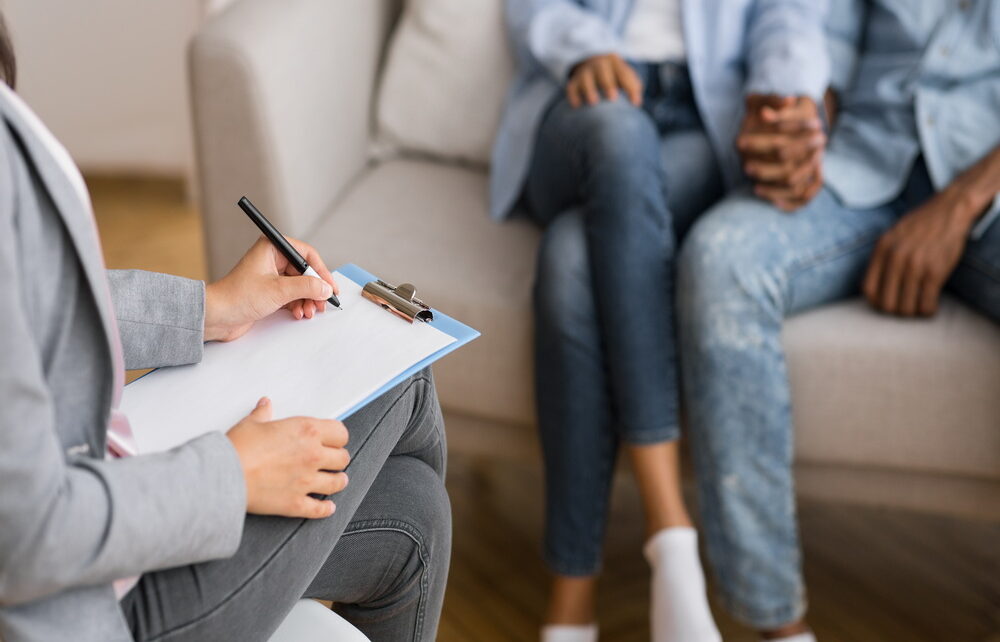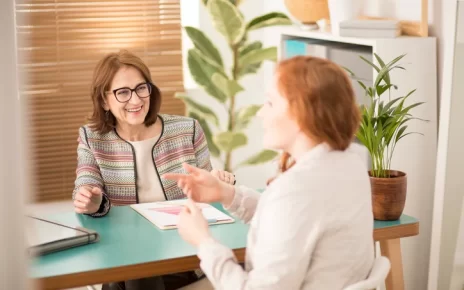Have you ever participated in any kind of formal relationship therapy? If so, did you notice that your counselor frequently asked open-ended questions? It turns out that such questions are a counselor’s favorite tool. At the hands of a skilled counselor, open-ended questions can accomplish more than any other counseling strategy.
If you need clarification, an open-ended question is one that doesn’t have a well-defined answer. Moreover, coming up with a well-defined answer may not even be the point. Open-ended questions are so named because they are open to individual interpretation and understanding. They are not intended to be black and white. As a tool for relationship therapy, open-ended questions are extremely useful.
Answers Require Thought
Relationship therapy is offered in the form of counseling. And according to the folks at Relationships & More in Westchester County, NY, counseling is a talking therapy. Counseling is a process of talking things over in order to reveal problems and come up with solutions.
In light of that goal, open-ended questions are a great tool because answering them requires thought. You cannot effectively answer an open-ended question by regurgitating a memorized and rehearsed answer. First off, your answer will probably not do the question justice. More importantly though, a counselor will not be fooled.
Spitting out a pat answer will only encourage a counselor to keep asking questions until you start thinking about your answers. In the end, pat answers only delay the inevitable.
Answers Lead to Openness
Encouraging clients to think about what is going on is just the start. Counselors also want to achieve a certain level of openness. Open-ended questions help participants get there. It may take some people longer than others, but all who remain persistent eventually open up.
The process behind it is pretty simple. The counselor will ask an open-ended question designed to get the client to think about a particular topic. Then, based on the client’s answer, another question will be forthcoming. Each question builds on the answer given to the one before, until the counselor is satisfied that they have gone as far as they can with that line of thinking. Along the way, the client opens up more and more with each answer given.
They Help Avoid Lectures
One thing experienced counselors try to avoid at all costs is lecturing. They do not want counseling sessions to turn into 60-minute lectures during which clients don’t have to participate. They know that a lack of client participation ultimately means failure.
Open-ended questions put the impetus for talking on clients. This is by design. The more clients talk through their problems, the more they figure out solutions on their own. By contrast, lectures rarely end in solutions. Rather, they lead to feelings of resentment and bitterness.
They Lead to Self-Discovery
Speaking of figuring out solutions, open-ended questions help a great deal by leading to self-discovery. In other words, counselors do not want just to tell their clients about the most appropriate solutions for their particular problems. They want clients to discover the solutions on their own. Why? Because when that happens, they take ownership of those solutions.
That’s when counseling produces the best results. Clients figure out why they are having problems by talking things out. Then they figure out how to fix those problems. By taking ownership, they greatly increase their chances of success.
Relationship therapists love open-ended questions. As counselors, they find open-ended questions a valuable tool for helping clients figure out problems and solutions. In the absence of such questions, counselors would be left with lectures. These rarely work, so counselors avoid them.





